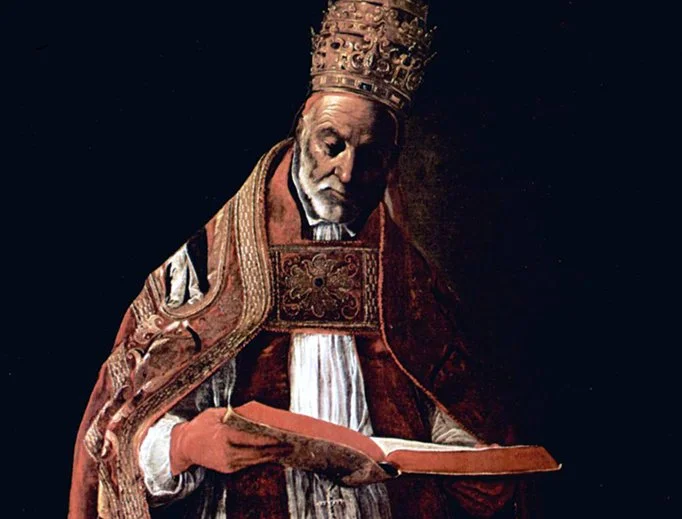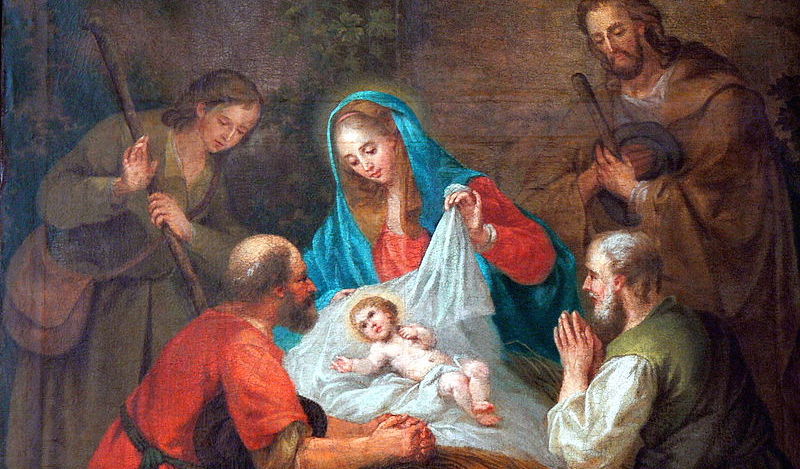JONATHAN PARNELL: We need to read some very old books, sing some very old lyrics, and recite some very old creeds.
Defenses of the Creeds in an Alabama Paper
Integrating Patristic Voices In the Local Church
EBC Manifesto, Article IX: Means of Grace
MATTHEW Y. EMERSON AND R. LUCAS STAMPS: We affirm the two ordinances or sacraments instituted by Christ, baptism and the Lord’s Supper, and believe that they function as signs and seals of God’s grace, expressions of individual faith, and bonds of the church’s covenantal unity in Christ. As such, these ordinances are not empty signs or mere symbols but tangibly demonstrate our union with the risen Christ and with his body, the church. Other Christian practices, such as confession of sin, confirmation in the faith, the ordination of church officers, Christian marriage, and the prayerful anointing of the sick may also frame a life of Christian faithfulness, but should not be considered sacraments.
Christ's Descent to the Dead: Four Myths
What Baptism and the Lord's Supper Teach Us about Redemption and Art
EBC Manifesto, Article VIII: Historic Worship
MATTHEW Y. EMERSON AND R. LUCAS STAMPS: We believe that Baptist worship should be anchored in Holy Scripture and informed by the liturgical practices of the historic church. We believe that Christian worship should be Word-centered. In worship, we read, preach, sing, pray, and show forth (through the ordinances) the Word of God. We further believe that Baptist worship could benefit from incorporating historic practices such as lectionary readings, the liturgical calendar, corporate confession of sin, the assurance of pardon, the recitation of scriptural and historic prayers (especially the Lord’s Prayer), and the corporate confession of the faith (expressed in the ecumenical creeds and other confessional documents).
On Objections to the Church Calendar
EBC Manifesto, Article VII: The Consensual Tradition
MATTHEW Y. EMERSON AND R. LUCAS STAMPS: We encourage the ongoing affirmation, confession, and catechetical use of the three ecumenical creeds and the scriptural insights of the seven ecumenical councils. We believe these confessional documents express well what Thomas Oden called the “consensual tradition”—the deposit of faith taught in Holy Scripture and received by the church throughout space and time.
Baptists Promoting Patristic Theology
What Does It Mean for God to Become Incarnate?
How to Teach Christology
The Catechism of Christmas
Pondering the Core of the Church's Mission
Brief Thoughts on the Future of Theological Education
Why We Should Include Lament Songs in Our Worship
EBC Manifesto, Article VI: Racial Reconciliation
MATTHEW Y. EMERSON AND R. LUCAS STAMPS: We affirm that all people, regardless of race, ethnicity or gender, are created in God's image and, if they have repented and believed in Christ, are brothers and sisters together in the one body of Jesus Christ through the Holy Spirit. Because of this shared imago dei and because of Christ's saving work among all nations, peoples, and tongues, we believe that one major task of Baptist catholicity is to promote racial unity, especially within the body of Christ.
EBC Manifesto, Article V: Traditioned Creatures
MATTHEW Y. EMERSON AND R. LUCAS STAMPS: We encourage a critical but charitable engagement with the whole church of the Lord Jesus Christ, both past and present. We believe that Baptists have much to contribute as well as much to receive in the great collection of traditions that constitute the holy catholic church. We believe that we are “traditioned” creatures and that we should move beyond the false polarities of an individualistic modernity and a relativistic postmodernity.
EBC Manifesto, Article IV: Baptist Distinctives
MATTHEW Y. EMERSON AND R. LUCAS STAMPS: We affirm the distinctive contributions of the Baptist tradition as a renewal movement within the one, holy, catholic and apostolic church. These distinctives include the necessity of personal conversion, a regenerate church, believers’ baptism, congregational governance, and religious liberty.
EBC Manifesto, Article III: Always Reforming
MATTHEW Y. EMERSON AND R. LUCAS STAMPS: We affirm the fundamentals of reformational theology, especially as they are expressed in the great solae of the Reformation: fallen humanity can be saved by grace alone through faith alone in Christ alone on the basis of Scripture alone to the glory of God alone.
























